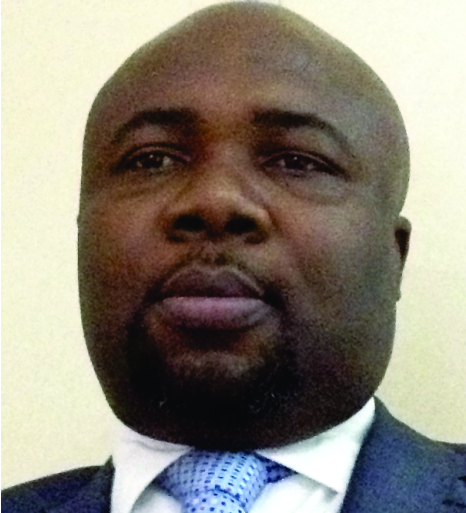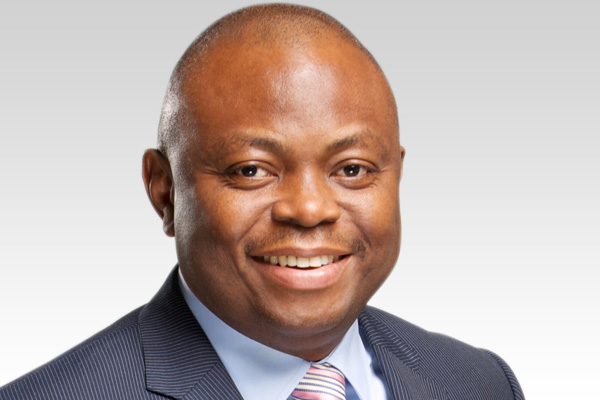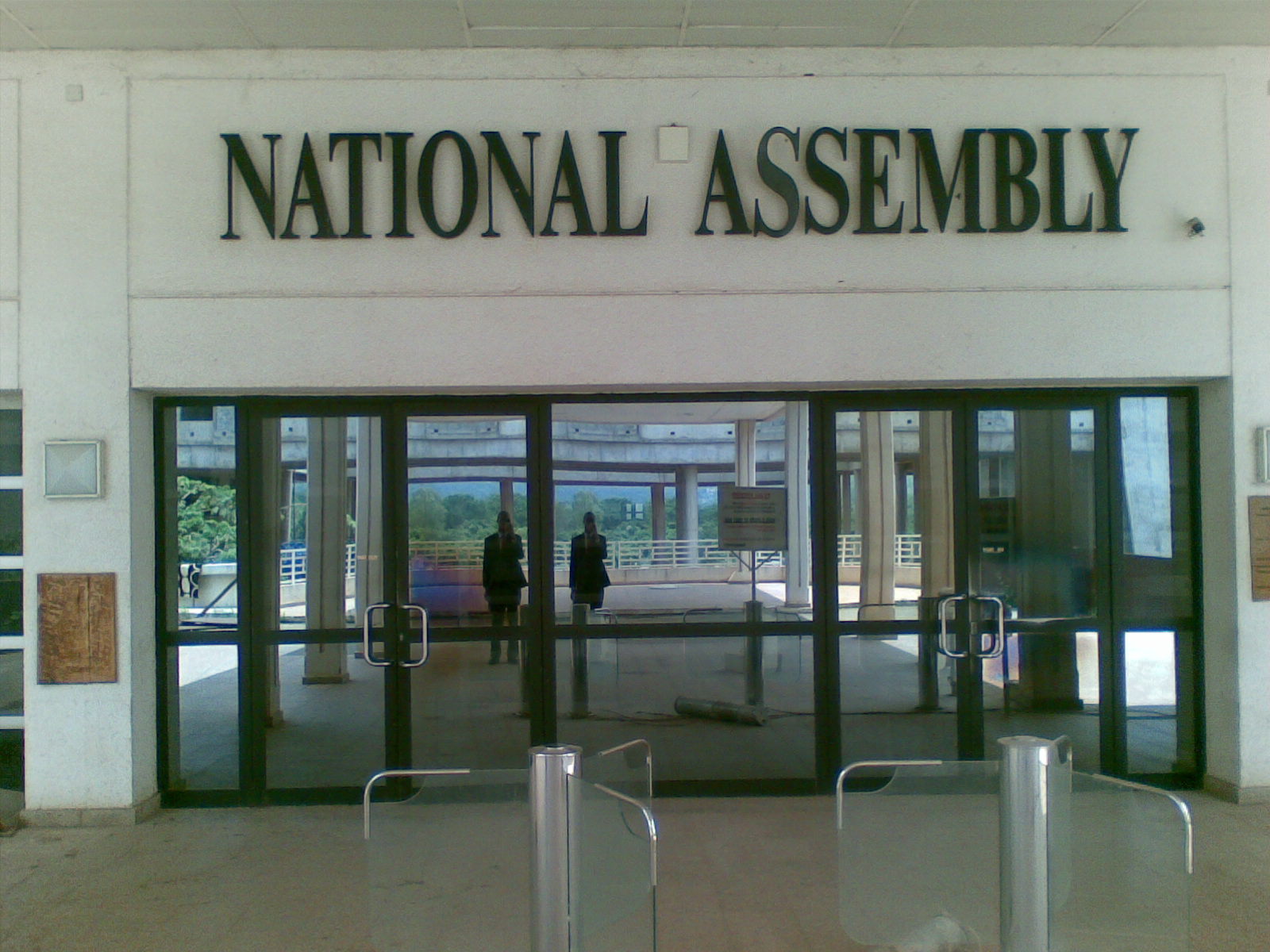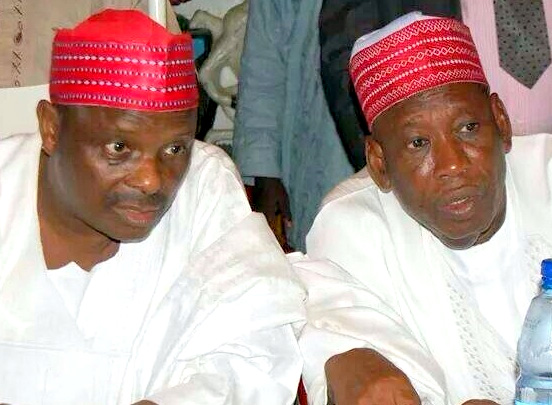Over the past few days, a lot of noise has been made about Fidelity Bank Plc and certain payments made by the bank in course of normal banking business – which the Economic and Financial Crimes Commission (EFCC) considered to be for corrupt purposes. Based on their allegations, the EFCC has been hounding the bank without any consideration for the fragile nature of the nation’s financial system. Even the Central Bank of Nigeria (the CBN), has been widely reported to have “swooped” on the bank – possibly for audit and inspection purposes. And as usual, Nigerians are being misled into believing that this is a just fight against corruption or a genuine effort to recover our “stolen” money.
In my opinion, EFCC (perhaps with Government’s support) is again doing what they know best – prosecuting mere allegations in the court of public opinion – even without having done a quiet, careful, and thorough investigations into their allegations. And they trust that many gullible Nigerians would take sides with them because we understand that corruption is responsible for our poverty as a nation; and the force of anger must be directed at certain elements in our society, perhaps to gain credibility and popularity.
Let me state upfront that I am a strong advocate for ethical leadership. I totally support any genuine, purposeful, balanced, and unbiased fight against corruption in Nigeria. And I am convinced that until Nigeria approaches this fight against corruption beyond political or tribal or such other divides, our dear nation would continue to flounder. So, I support every effort to reduce waste and curb bad behavior in our economy. But what are the real issues in the Fidelity Bank vs EFCC case?
Until we here from both sides of the matter, or get more facts and evidence, it is a case of an allegation that the bank made certain payments which were traced to certain government officials, and which purpose were allegedly or purportedly illegal. Whether the transaction was handled by the topmost or the lowest staff of the bank, this was a transaction consummated on behalf of Fidelity Bank – a duly licensed commercial bank in the Federal Republic of Nigeria – at the appropriate level of banker-customer interface.
Advertisement
As a chartered banker, and a very experienced one at that, I know that various laws and regulations guide the daily operations of deposit money banks. From the Know Your Customer (KYC) rules, the CBN Act, Anti-Money Laundering Act, all the way to Banks and Other Financial Institutions Act (BOFIA), banks have certain obligations, rights, and duties as well as certain protections in course of carrying out banking business. Even the Bill of Exchange Act and other international legislations clearly stipulate the rights and duties of a bank towards their customers, and towards the state or nation where they operate. We need the EFCC to clearly spell out which aspects of these laws Fidelity Bank has broken.
Because the laws recognize that banks, in the ordinary course of banking business may make certain payments (even for well-identified customers) which may run counter to the objectives of a sovereign nation or state, the laws demand that certain payments, because of their nature or size must be reported to prescribed regulatory bodies for their appropriate regulatory or law enforcement actions. Fidelity Bank has clearly stated that it met this lawful requirement in these purportedly illegal transactions. And neither the EFCC nor the Central Bank has refuted the bank’s position. So why are they chasing shadows? When the bank reported the payments, what did the central bank or other concerned regulatory or law enforcement bodies do with it?
It would be imperative to ask whether the bank made payments for customers who are not known by our laws (who did not meet the KYC requirements)? Or whether a deposit money bank has a moral duty to know the exact purposes of payments effected by their customers in the ordinary course of business? When banks (anywhere in the world) collect deposits or make payments on behalf of their well identified customers, in good faith and in the ordinary course of business, what is the right thing for regulatory bodies (in this case CBN and EFCC) to do when the transactions are properly reported to them? When various types of funds find their ways from Africa to the developed world – including the financial centres of the globe – what actions do the regulators take over there? And against whom – the customers or the banks’ management?
Advertisement
I seriously think the EFCC is just busy-bodying in this matter. I think they are playing to the gallery just yet. I think they act as if they lack the capacity to thoroughly investigate cases before coming to entertain the people with their “court of public opinion” approach. I think they are avoiding addressing the real issues with the right culprits. While the economy is dying, the EFCC wants to further hurt the financial system for nothing.
In my thinking, this is just about the politics of 2015 general elections and the funding of that election. And we all knew how the election was funded by the two major political parties in Nigeria. I actually believe that both PDP and APC went overboard in the funding of that election. And now that the APC won the election, it is expedient to investigate and hound the other party. It is expedient to attack financial institutions involved in providing banking services for one of the parties. Now, through which banks were all the other payments made for the funding of the 2015 elections – for all the parties involved? When will those banks be probed and hounded? Time shall tell…
In conclusion, I admonish that the EFCC must be careful not to further hurt our financial system which has been on the precipice since the last global financial crisis. They should learn to do a thorough investigation on any suspected crime before making public shows. They should learn to direct their angst towards the right places and people. Today, it is Fidelity Bank, tomorrow it may be another bank.
Let the fight against corruption be done properly. And let the right sensitivities be observed in the fight, to avoid plunging our already battered economy into further woes. DO NOT KILL OUR BANKING SYSTEM ANY FURTHER!
Advertisement
Udemezue is a management and financial consultant, policy analyst, and leadership advocate based in Lagos.







